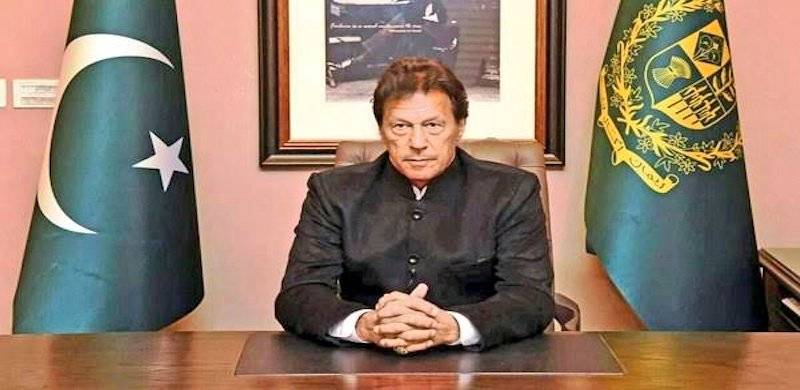
Don’t insult the prime minister. And don’t undermine his/her political and administrative authority. No matter who occupies the position, the political and constitutional principle of recognising the prime minister as the sole and indivisible political, constitutional, administrative and executive authority of the country should provide the basis to our political discourses.
There should be no other constitutional, judicial and executive authority in the country which can rival the authority and capacity to assert themselves. This may sound dictatorial but it is not. These are the minimum requirements of a parliamentary democracy.
There are of course checks on the power and authority of the prime minister in a parliamentary democracy. This includes parliamentary scrutiny of his policies and decisions, at the same time judicial review of his policies, decisions and legislative role. But there should be no power, executive authority or office within the system which can remove the prime minister through an extra-constitutional move.
In our constitutional arrangement, the prime minister could be removed through a no confidence motion or he can dissolve the National Assembly and as a consequence, dissolve the federal cabinet. No other method should be acceptable for the removal of the prime minister from his office. Any other invented judicial mechanism or crude method that flows from the barrel of the gun, or through demonstration of the street power, would prove to be suicidal for the political system.
There is a thin line dividing the order in the Pakistani political system from the anarchy that is lurking in the background. The forces of anarchy are present and strong in our society. They can hold sway over the society in a process that could be imperceptible at the ordinary social and political level. We don’t discuss this so often, but elements of our political system do play a critical role in preventing anarchy from spreading in our society.
In the post-Musharraf period, there has been a systematic campaign to undermine the authority of the PM. Any speculation on who has been carrying out this systematic campaign or was there a central intelligent mind pursuing this campaign will prove to be futile as this effort is likely to come face to face with the firewall that the state within a state has built in our media scene. In the period under discussion, Prime Minister’s office had come under a campaign to undermine the authority of the prime minister through public protests, judicial activism and military’s machinations. Even if we accept that there was no central mind pursuing the prime minister on these three tracks, no one can deny that he was being pressured.
The three manifestations are as follows.
a) Public protest: In post-Musharraf period, successive prime minister persistently faced opposition political parties which were not protesting in the street simply to criticise his/her policies. The political parties were in the street to undermine his political and administrative authority and to question his legitimacy. The protests were aimed at bringing down the government and to prove that the prime minister and his government is
i) corrupt,
ii) working against the national interests,
iii) or undermining the military’s institution which is considered sacred by the state.
All these three elements were enough to question the legitimacy of the prime minister.
b) Judicial Activism: In post-Musharraf period judicial activism proved to be a preferred tool to undermine the authority of the prime minister. The prime minister was sometimes accused of indulging in anti-national activity, i.e conspiring against the army, and then dragged to the court.
The court in turn started investigations into the allegations. Other times, the prime minister was accused of corruption and again the court started an investigation. And not for a minute did the judiciary consider it proper to pay heed to the axiom that investigation of an issue makes the court a central part of the prosecution side and thus a party to the court case. And finally, twice in the post-Musharraf period, a sitting prime minister was removed from office through a mechanism invented by the judiciary.
c) Military machinations: In the post-Musharraf period the military has been in the commanding position by way of their role as a force which is preventing the Taliban and other militant groups from undermining the authority of the state. After the military fielded the claim that they had broken the back of the militants in 2014, the military leadership also started to undermine the office of the prime minister. The year 2014 was when the military claimed to have defeated the militants in tribal areas and this was the year when Imran Khan launched a campaign to undermine the authority of former Prime Minister Nawaz Sharif. Another major factor that has been undermining the authority of the prime minister is the fact that the office of COAS has emerged as a parallel executive authority in the system, which in the process shrunk the space for the prime minister to operate.
What are the effects on the political system? The machination and tendency to undermine the prime minister’s office has a long tradition in the political history of the Pakistani society. But in the post-Musharraf period this tendency has assumed a dangerous proportion. Now this tendency includes the objective of making the prime minister’s office completely ineffective. This in the short term might serve the interests of other power centres. But this does have a corrosive effect on our political and administrative machinery. The administrative machinery of the country no longer sees it meaningful to look towards the prime minister for direction in times of crisis.

